Question And Answer
Publications
Articles, publications, books, tools and multimedia features from the U.S. Institute of Peace provide the latest news, analysis, research findings, practitioner guides and reports, all related to the conflict zones and issues that are at the center of the Institute’s work to prevent and reduce violent conflict.
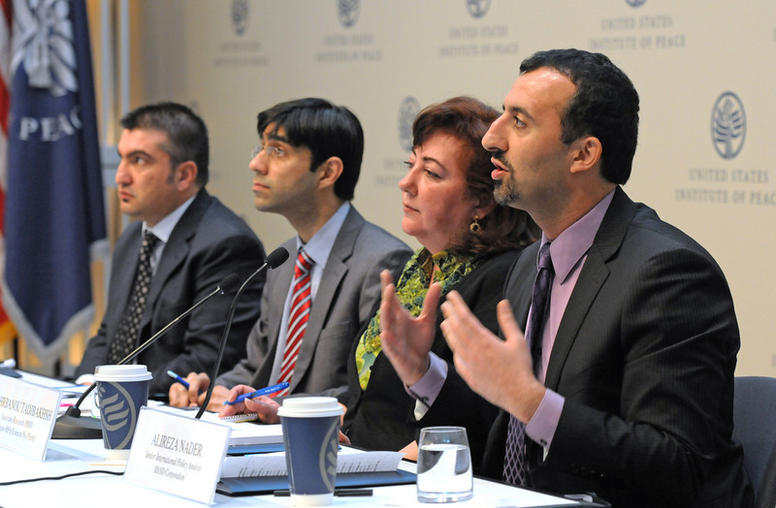
Finding a Regional Solution for Afghanistan
On April 6, USIP's South Asia Adviser Moeed Yusuf; Abubakar Siddique, senior news correspondent for Radio Free Europe/Radio Liberty; Shahrbanou Tadjbakhsh, associate researcher at the Peace Research Institute Oslo and professor MPA at Sciences Po in Paris; and Alireza Nader, senior international policy analyst at the RAND Corporation discussed the various problems and potential solutions to improving cooperation and collaboration from Afghanistan's neighbors with the ultimate objective of pro...
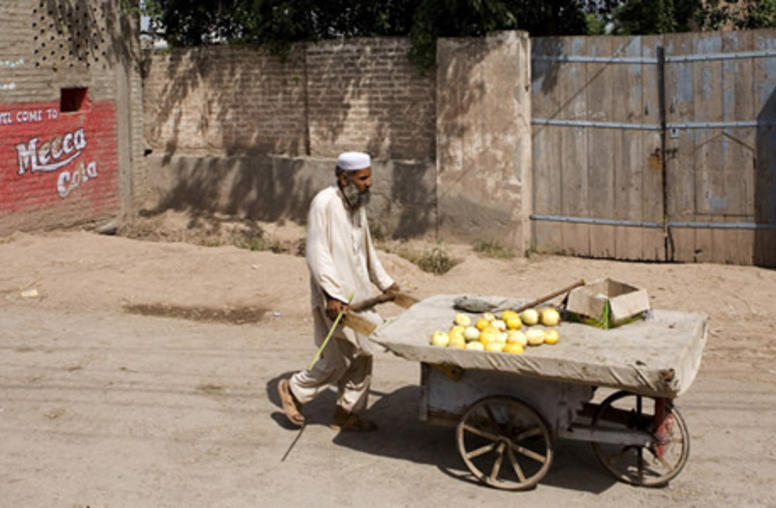
The U.S.-Pakistan Relationship: Three Pollsters' Views
Pakistanis who live along the country’s western border care far less about national security issues and extremism within their borders than many American experts and policymakers think, according to new poll data that hints at what may contribute to the complex relationship between the two countries. Taken broadly, the data show a disconnect between the U.S. and Pakistan over how each country views issues that are central to politics and policy in both countries.
Ongoing Syria Violence Dashes Hopes for Peace Plan
Syrian forces continued to pound cities across the nation, despite a United Nations-brokered peace plan that was to end violence in the 13-month anti-government uprising. According to the U.N. plan, Syrian forces were to pull back from cities by April 10, and a ceasefire would go in effect on April 12.
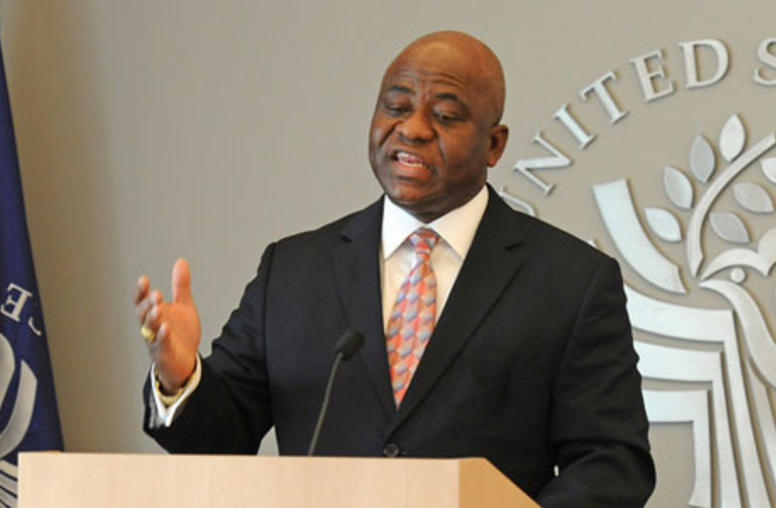
Security Sector Transformation in a Post-Conflict Liberia
Security Sector Transformation in a Post-Conflict Liberia Liberian Defense Minister Hon. Brownie Samukai outlined plans to have the nation’s security forces and institutions fully operational by 2014. Liberia's security sector transformation can provide a number of lessons for the United States in Afghanistan, which will also take on responsibility for its security in 2014.
Iran Oil Sanctions: A Race against Time
International economic sanctions designed to force the Iranian regime to prove that it is not seeking to develop militarized nuclear capacity by targeting the country’s oil exports will take some time to be fully effective. Meanwhile, compensatory tactics by Iran and some of its trading partners and allowances for geostrategic reality in the global oil market could affect the efficacy of the sanctions regime.
Summit of the Americas
The theme of the sixth summit of the Americas to be held in Cartagena, Colombia from April 14-15, 2012, is “Connecting the Americas: Partners for Prosperity.” USIP's Colombia expert, Virginia Bouvier, previews the summit.
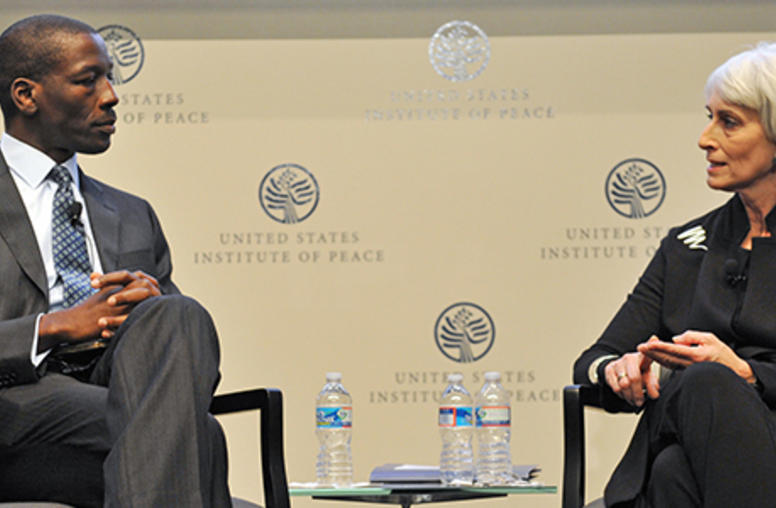
Undersecretary of State for Political Affairs Wendy Sherman on Challenges and Opportunities in Africa
As six of the world’s ten fastest growing countries are in sub-Saharan Africa, the United States must help develop the potential and strengthen mutually beneficial partnerships with African nations, Undersecretary of State for Political Affairs Wendy Sherman told a packed auditorium at the U.S. Institute of Peace on March 28.
Ongoing Tensions in the Two Sudans
USIP’s Jon Temin discusses the recent clashes and ongoing tensions between South Sudan and Sudan – and what can be done to prevent more violence.
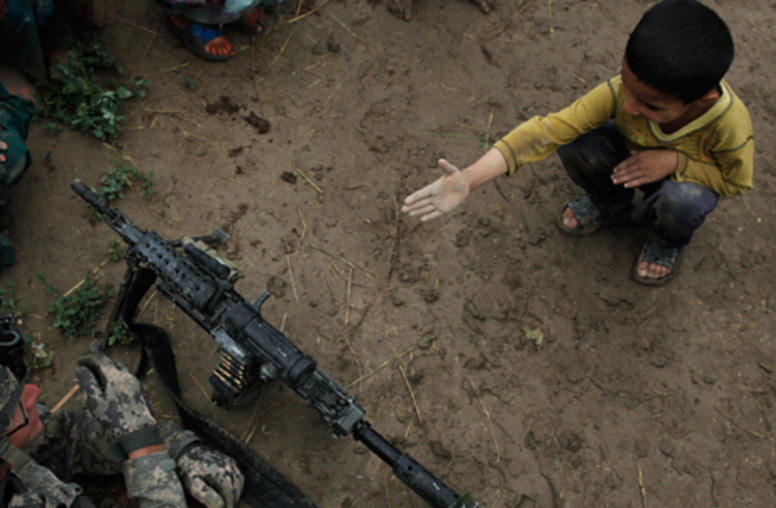
The Value of Building Peace
We asked USIP leaders, from board members to senior staff and experts, to explain the effect that events around the world and here at home will have on the U.S., and the contributions the Institute can and does make during a time of tremendous challenge – and opportunity. USIP Chief Financial Officer Michael Graham describes the effect the federal budget crisis is having on the nation’s civilian agencies as very challenging. Graham believes that peacebuilding, by its very nature, saves money ...
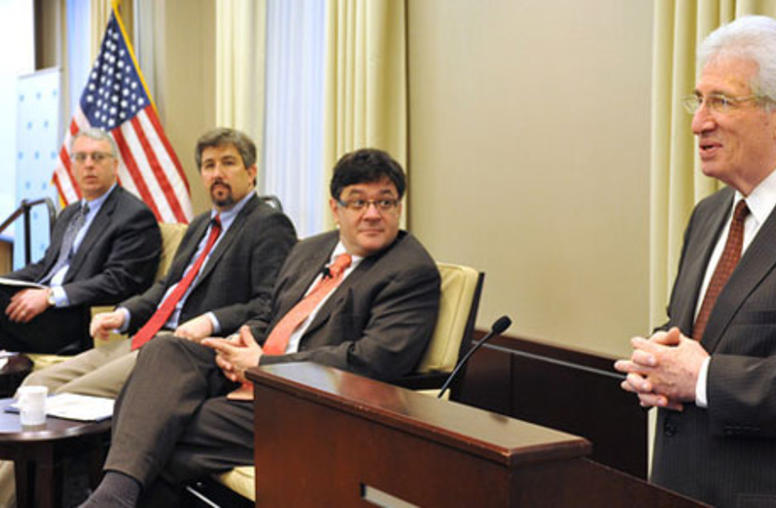
On Capitol Hill, a Discussion of Syria, Iran and the "Axis of Resistance"
A panel discussion hosted by USIP and the Reserve Officers Association Capitol Hill with USIP experts and the foreign affairs correspondent for The Wall Street Journal.